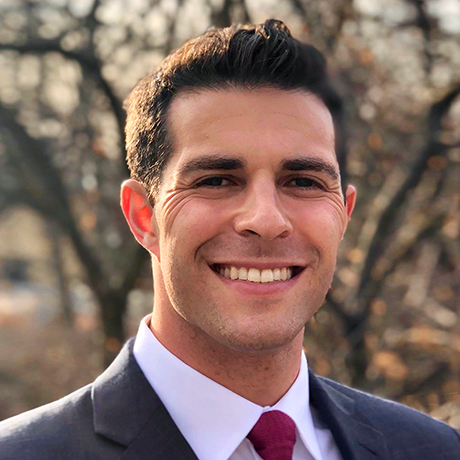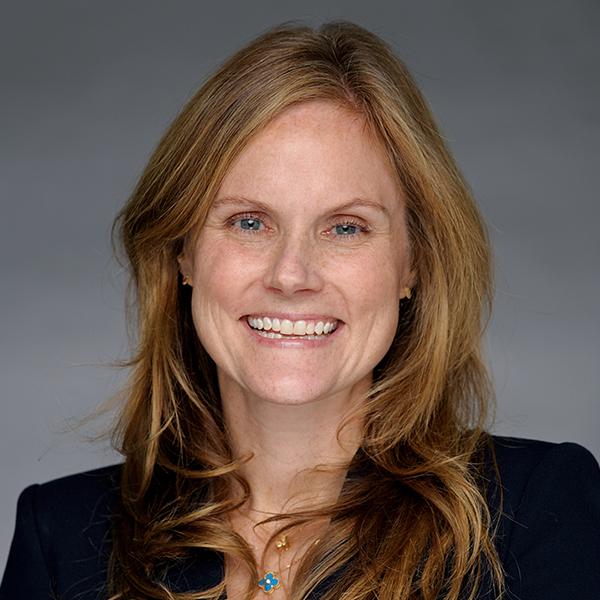Marketing & Client Acquisition
Practice Management
RIAs are accustomed to dealing with tough challenges, such as navigating volatility and calming nervous clients. But there is one challenge that leaves many staring at the ceiling: how to market to the rising generation of potential clients.
As they enter in their peak earning years, millennials — defined as those born between 1981 and 1996 — are becoming essential to the longevity of any RIA practice. Yet, they are also a different breed from their predecessors. Many are inclined to swipe left on tradition, including how they manage their assets.
Rather than putting their trust in the training and experience of RIAs, they may be more likely to search online for ideas and advice. They are asking questions like, “Why should I pay an advisor when I can trade commission free?” or, “Why invest in actively managed mutual funds when carrying an index fund can cost as little as a latte?”
Tech-savvy startup founders and executives aren’t the only holdouts. Wealthy millennial heirs are also skeptical of their parents’ advisors. Across the U.S., RIAs are concerned about how to overcome this reluctance. Fortunately, there are strategies that can help.
- Successful young people are amenable to services that will help make their busy lives easier.
- Rather than just focusing on asset minimums, consider the client’s long-term earning potential and whether they are a good fit culturally.
- Be sure you can effectively serve millennials where they are: on their devices.
RIAs are accustomed to dealing with tough challenges, such as navigating volatility and calming nervous clients. But there is one challenge that leaves many staring at the ceiling: how to market to the rising generation of potential clients.
As they enter in their peak earning years, millennials — those born between 1981 and 1996 — are becoming essential to the longevity of any RIA practice. Yet, they are also a different breed from their predecessors. Many are inclined to swipe left on tradition, including how they manage their assets.
Rather than putting their trust in the training and experience of RIAs, they may be more likely to search online for ideas and advice. They are asking questions like, “Why should I pay an advisor when I can trade commission free?” or, “Why invest in actively managed mutual funds when carrying an index fund can cost as little as a latte?”
Tech-savvy startup founders and executives aren’t the only holdouts. Wealthy millennial heirs are also skeptical of their parents’ advisors. Across the U.S., RIAs are concerned about how to overcome this reluctance. Fortunately, there are strategies that can help. Here are five helpful practices.
1. Be creative about differentiating your services
Here is a hard truth: What many RIAs consider to be their core skill — investing — may no longer be their ideal selling point. Of course, sage portfolio management is indispensable to every practice. Some firms thrive on a truly differentiated investment approach and can lead with that when marketing. But just as cuisine is important to a restaurant, often the ancillary details — the décor, the ambiance and the staff — are what bring customers in the door.
Many wealthy millennials are savvy enough to handle their own investments — or at least they believe they are. From parents, peers and online resources they have learned about index investing, the impact of fees, and various pillars of investing. Trying to win them over on alpha may be challenging.
“For most RIAs, the winning differentiator is generally not in the investment advice or product. It’s in the support you provide for planning, taxes, insurance and business management,” notes Leslie Geller, wealth strategist at Capital Group. “Young, wealthy people are so crazy busy that they are looking for someone to make their lives easier.”
For this approach, appropriate opening lines might be, “Your net worth just increased by $10 million. Do you have an estate plan?” “Have you thought about what’s going on in Washington with tax proposals?” or “Do you need a referral for a good tax attorney?” But not, “Let me help diversify your concentrated position.”
“Young, wealthy people are so crazy busy that they are looking for someone to make their lives easier. For most RIAs, the winning differentiator is generally not in the investment advice or product. It’s in the support you provide for planning, taxes, insurance and business management.”
2. Prioritize finding the right clients
The core challenge for RIAs is building a solid asset base. The key to succeeding in this game is not merely courting a large number of wealthy clients, but rather finding ones who are a good fit for your firm. This couldn’t be more important with millennials, who are likely to look to friends and social media for referrals. Clients who benefit personally as well as financially from a relationship are likely to become net promoters, bringing in not only new business but also high-quality opportunities.
Summit Trail Advisors, which offers a “boutique networked family office” for ultra high net worth families, takes extreme care to get to know a prospective client during the first few meetings. “People often ask about our investment minimum,” says Peter Lee, a founding partner. “The most important minimum is that we really need to like the prospective clients. In addition to getting deeply involved in their finances, we essentially become an extension of their family. So there needs to be a good fit on both sides. We feel that’s sometimes more important than the numbers on the page.”
In addition to chemistry, Lee says clients need to understand principles such as the importance of building wealth and the power of compounding. The approach has worked well. The firm has built over $14 billion in assets under management in seven years, relying primarily on word-of-mouth recommendations.
3. Seek out the “HENRYs” and accommodate them
Not every attractive prospect has millions to invest today. If they do, chances are they may have already found an advisor. That is where the HENRYs — high earners, not rich yet — come in. HENRYs are rising stars: surgeons, attorneys, startup founders, and private equity or venture capital professionals. They have a high potential to be lucrative clients in the future, but they may not yet feel loyalty to an advisor.
You can build such loyalty by recognizing the net present value, so to speak, of the relationship, and accommodating them in advance. It may be better to not consider the near-term profit and loss potential of the client, and instead provide services normally only available at a higher asset level. For instance, some firms consider future earnings when calculating fee levels, particularly for those with a foreseeable liquidity event.
Summit Trail prioritizes engagement with vice presidents or newly minted partners in private equity and venture capital. It is generally easy to see whether these “rising stars” are on the path to real wealth. “There are pros and cons to this approach, but our view is that if we can be strategic and find the right people, that’s something we want to do,” says Jonathan Nickow, a VP at Summit Trail.
“People often ask about our investment minimum. The most important minimum is that we really need to like the prospective clients. In addition to getting deeply involved in their finances, we essentially become an extension of their family. So there needs to be a good fit on both sides.”
4. Emphasize education
While it often makes sense to lead by showing prospects how you can make their lives easier, investment know-how remains an important part of the sales equation. Advisors possess a wealth of knowledge. As such, education is key in cultivating engagement and building long-term trust.
While many young people are financially savvy, some are not. Regardless of life achievements, they may lack a basic understanding of how to manage their financial lives. This is particularly true for second- or third-generation clients, or athletes, entertainers and others who have earned their wealth through fields not directly related to business. Even the more sophisticated prospects are unlikely to have the knowledge and experience of an advisor. Speaking in plain English and engaging them on the finer points of investing can help close a deal, or retain existing clients and their heirs.
“We strongly believe clients should understand the investments they’re in. If they’re in municipal bonds, they should understand how those work, what the risk factors are and how they potentially make and lose money in bonds,” Lee said. “We slowly educate clients as we talk with them about their portfolio, and we layer in new ideas and teach them along the way.”
5. Embrace technology
As anyone who has ever met a millennial can attest, they are digital natives. From checking the weather to socializing to finding life partners, they use their devices to get it done. The same holds true for their investments. Millennials don’t want to wait until the month’s end to see a paper-based statement. They may not want snail mail at all. Instead, they expect to be able to view the details of their investments on any device, any time, in an elegant, well-designed user interface.
“Technology is table stakes for that generation. If you don’t have it, it’s a deal-breaker,” Lee says. “We built our technology so clients can view any asset from any institution in the world in real time. Anyone can check their liquid assets in a Fidelity or Schwab account, but for high net worth clients who have portfolios across multiple asset classes, private and public equity and various significant relationships with other banks, having all that data in one place is game changing. It’s something some of the larger firms can’t do, either from a technology or regulatory standpoint.”
Developing a strategy that fits your firm
The bottom line: As inscrutable as millennials may seem, it is possible to successfully win them over, as long as you take a three-dimensional approach to solving problems for them and making their lives better.
For additional help in thinking through your strategy for catering to younger clients, consider scheduling a consultation with a Capital Group wealth strategist today.
To read the full article, become an RIA Insider. You'll also gain complimentary access to news, insights, tools and more.
Already an Insider?
 Peter Lee
Peter Lee
 Jonathan Nickow
Jonathan Nickow
 Leslie Geller
Leslie Geller